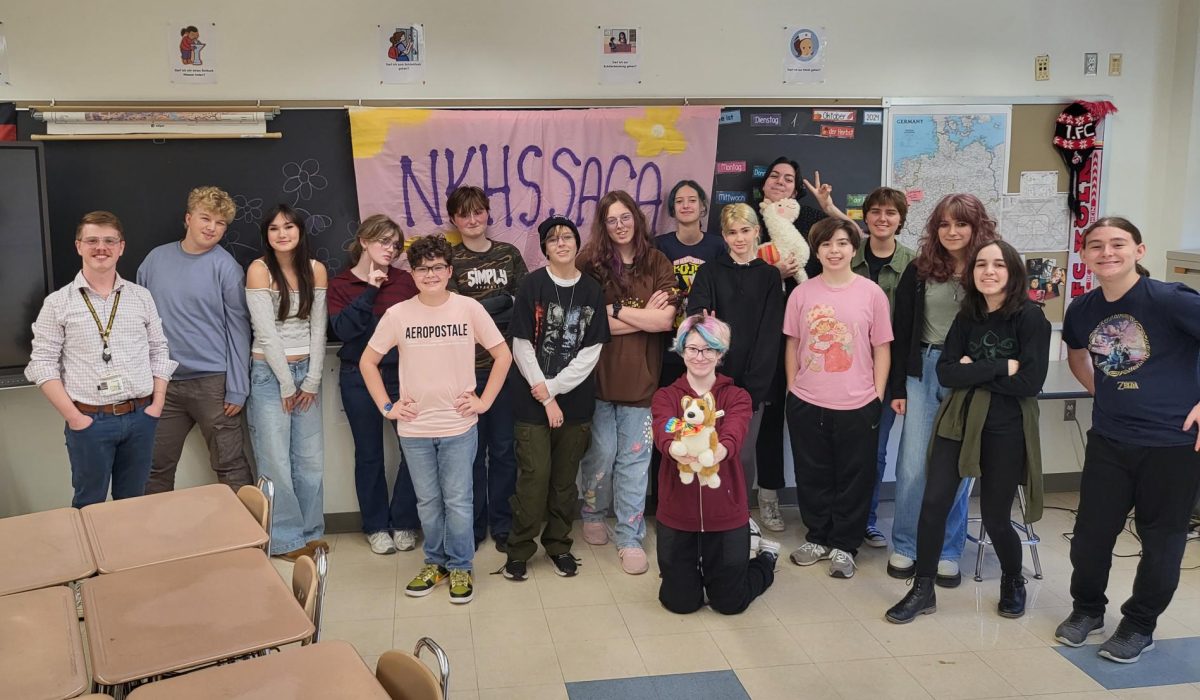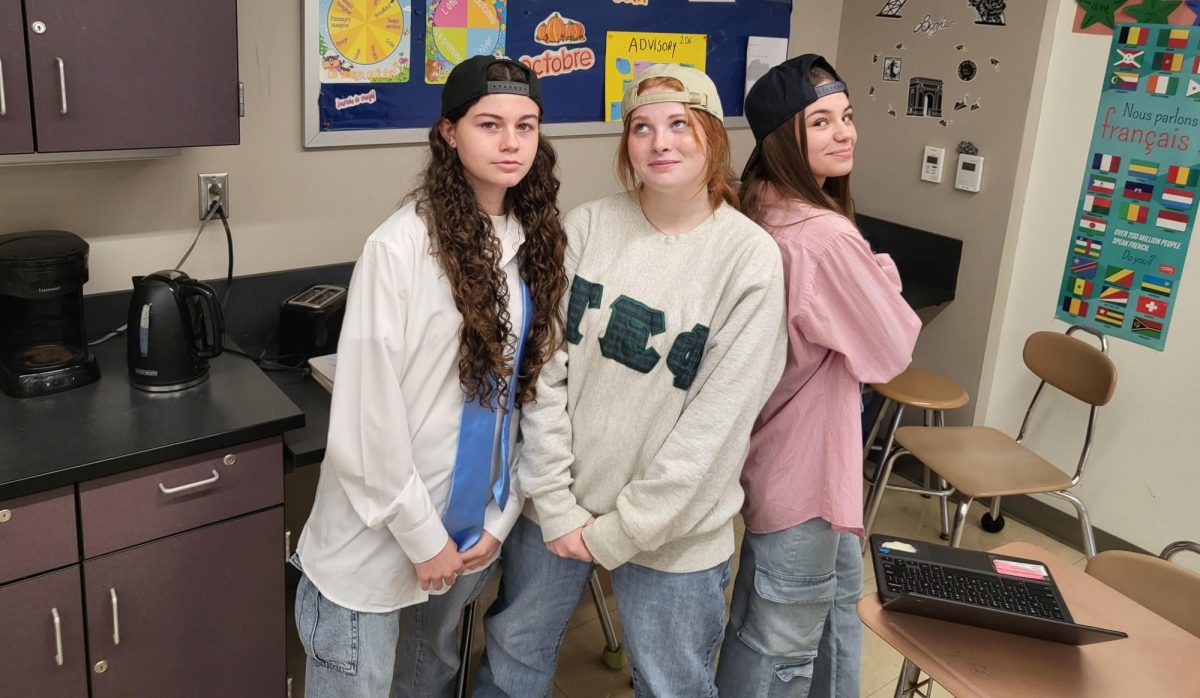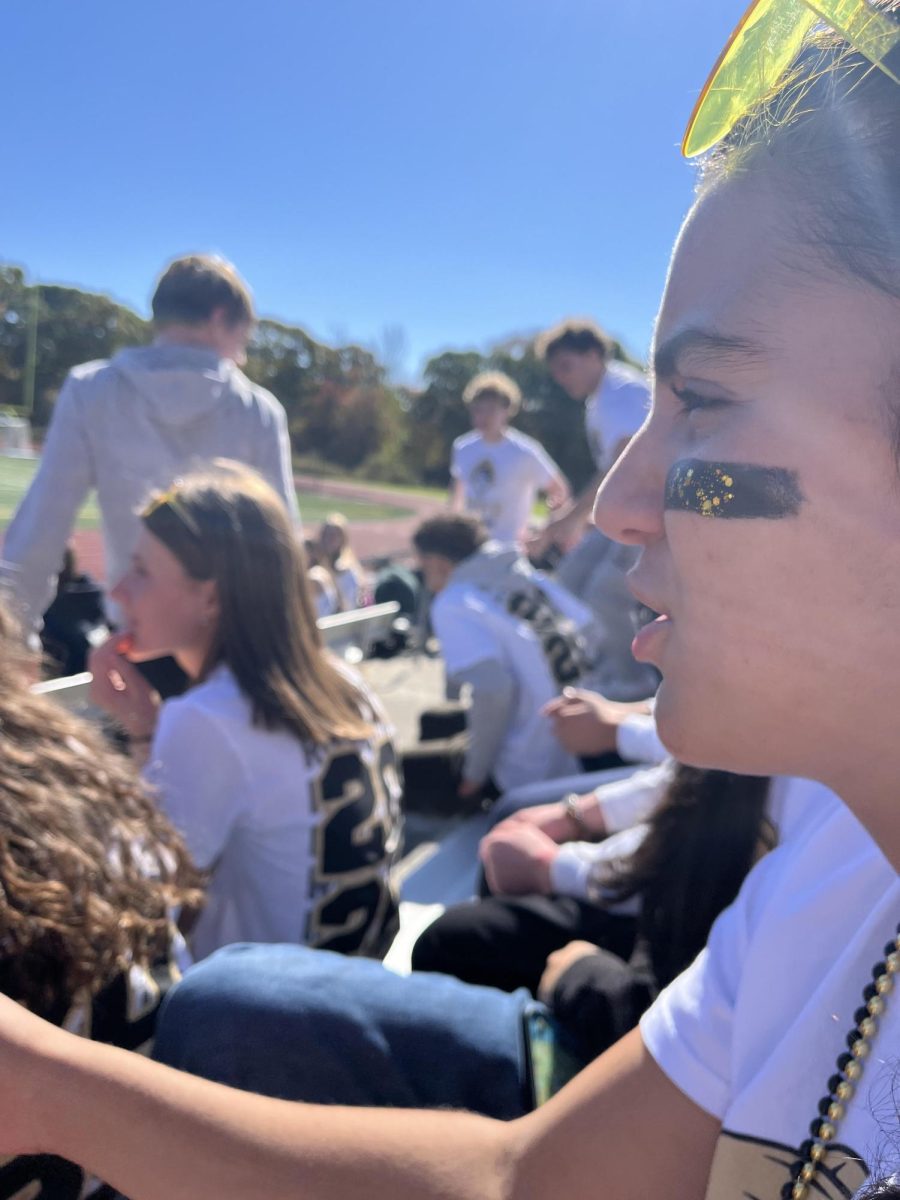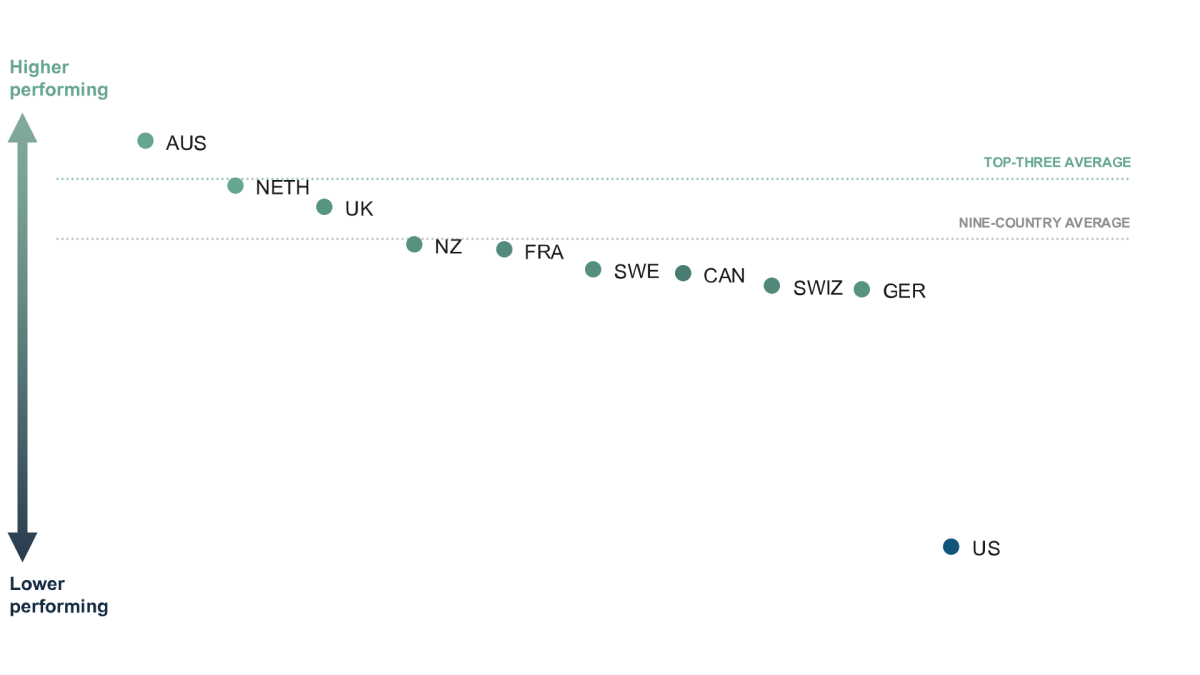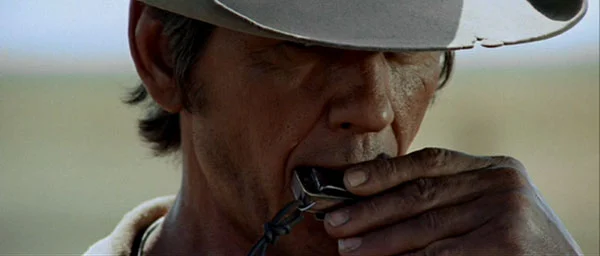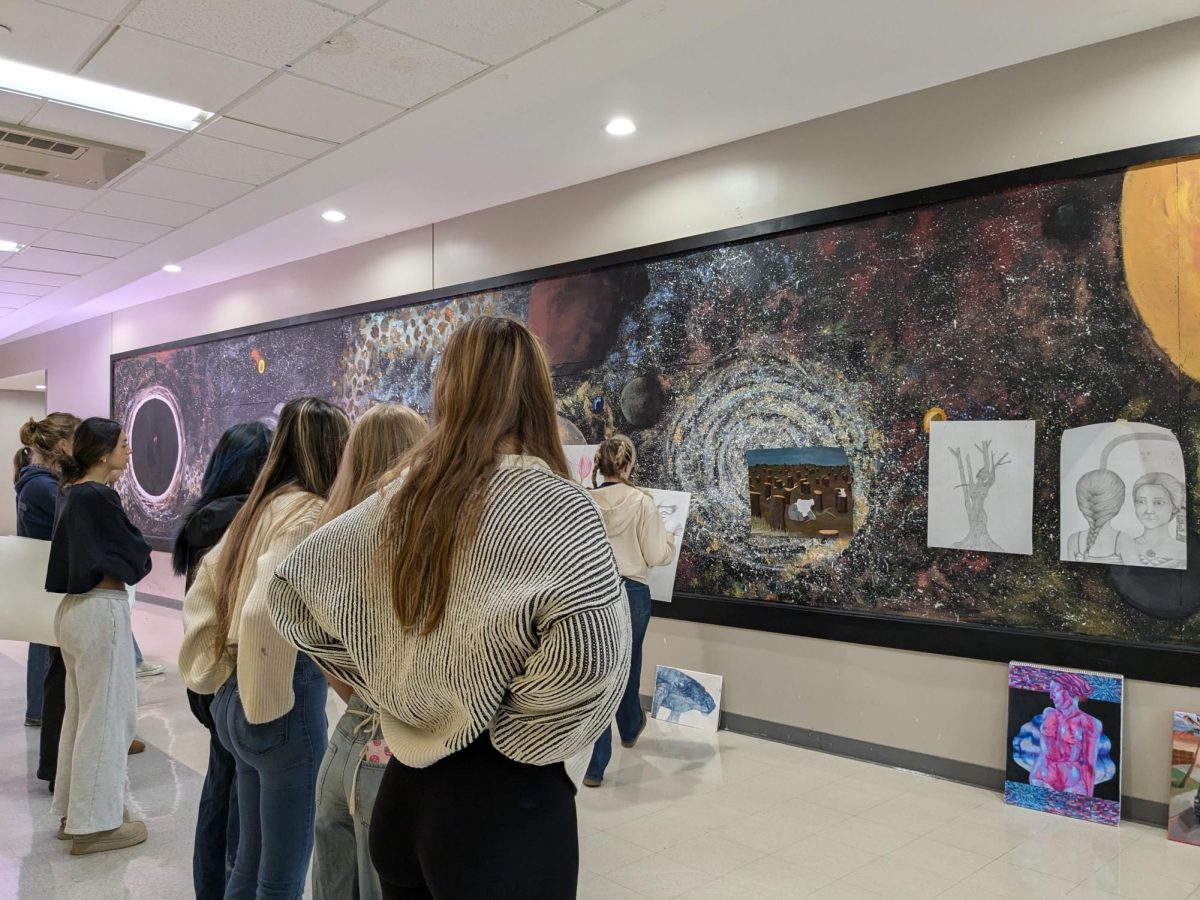Every once in a while, a piece of media has the ability to stun the senses of the viewer, to set off ripples in the heart and the mind as much as its waves of song and visual artistry ripple against the eardrums and eyes.
The “Wicked” movie is receiving rave reviews from audiences across the country, and after I experienced it at Apple Cinemas over the Christmas break, I can confidently assure you that it lives up to the hype.
The film is based on Gregory Maguire’s prequel to L. Frank Baum’s “Wizard of Oz” and follows the experiences and development of Elphaba, the Wicked Witch of the West, as she navigates a magical education under the oppressive ruler of Oz, and is socially outcast by her green skin and outspoken voice for justice.
The visual appeal of the movie is a treat to the eye, with immaculate, colorful sets, lively dance numbers, and elaborate costumes, whose detail work would not be out of place in a Rococo painting. The colorful energy and attention to visual detail is what pulls viewers right into the classic and beloved world of Oz.
Talent radiates from each member of the cast — talent made possible by the strong sense of diversity in race, gender orientation, and ability. It is a wonderful thing to see that the actresses who portray Nessarose actually possess the experiences and artistic insight that come from sharing their character’s disability in real life — and this artistry and authenticity shine through in the performances of Marissa Bode and Cesily Collette Taylor.
Ariana Grande was well-suited to the role of Glinda; however, she was outshone by Cynthia Erivo in terms of powerful and memorable vocal ability. I do think her celebrity is responsible for much of the media attention and notoriety that the film is receiving.
It wasn’t just Erivo’s powerful, rich-textured voice that brought chills to my skin during her delivery of the iconic “Defying Gravity,” but her acting and emotional qualities that truly sold her character’s perspective to her audience.
There was a moment during “Defying Gravity,” as she was preparing to take her fateful leap from the tower of the Royal Palace of Oz, where I could see resilience etched into every line of her face, the single tear falling down each cheek giving away her paralyzing fear — but also her steadfast strength and determination to go on.
Courage is a complicated thing to portray, but in that moment, Erivo portrayed it exactly the way many people have felt it in their own lives — exactly how Erivo must have felt it at some point in hers. It is this kind of courage that makes the character of Elphaba so beloved and so good.
The most significant thing about the “Wicked” movie is how, like many good stories, it parallels our real life. Many of us think that if we lived in Oz, we would be Elphaba. We would recognize wrongdoing and do everything we could to stop it. But the sad reality is that we do live in Oz.
We live in a world where powerful people gain power by spreading lies and misinformation that cater to hatred and fear. When we are told animals shouldn’t talk, and that they are better off in cages for their own good, we let them be silenced and locked away because it is the easiest thing to do — to believe without questioning in order to please others and maintain the status quo. I am not actually talking about animals in cages, and neither were the creators of “Wicked.”
Dr. Dillamond might be a goat, but there are scapegoats in America, who are currently being blamed by political figures for every problem that arises, even when the situation has nothing to do with them. We are being told to fear certain groups of people, to hate them, to blame them, and unfortunately, more than half of our population has proven that they are Glinda. Not evil, but not brave enough to question what they are told, to see the difference between good and liked, right and easy.
“Wicked” is an artistic masterpiece, a reimagining of a world created by books, musicals, and a classic film. But it also has always been a political social commentary. I can only hope that viewers of the film take away more than a few hours of entertainment. That they read into the movie’s and songs’ deeper messages and remember that something can be learned from it as well.
The greatest impact this movie can have is not in ticket sales or box-office records, but in its ability to help Americans see their world from a new perspective, especially in the next few years.

